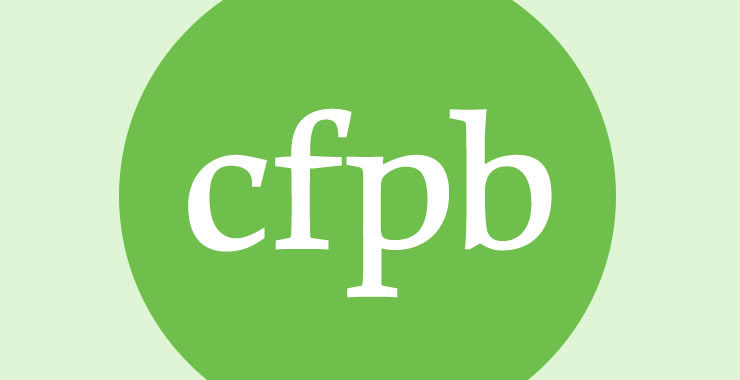Last October the Consumer Financial Protection Bureau implemented the “Know Before you Owe” mortgage initiative. It is a program designed to protect buyers who obtain a loan to purchase their house by providing them with as much detailed information about the mortgage process as possible, and by setting strict timelines for lenders. The initiative also stipulates that the HUD closing document is replaced by a Closing Disclosure, which is easier to understand.
Although I am pleased that the CFPB has taken steps to assist homebuyers, I cannot lie to you and tell you that I was excited about these changes when they were announced. As a realtor, once I get a house under contract my job is to make sure that the contingencies laid out within that document are met on or before their designated deadline dates. “Know Before you Owe” adds additional dates to the buyer’s timeline and they are calculated differently than those within our contract, so at the outset this program seemed like it involved a lot of jumping through hoops. In addition to the perceived legwork on the buyer’s side I was also worried that other realtors or lenders would fail to keep their clients on track, thus derailing deals; however, I have been pleasantly surprised to find that this has not been the case.
Now that we have been guided by the CFPB’s mortgage initiative for a few months it seems as though most real estate professionals have settled into the process. Abiding by “Know Before you Owe” means that obtaining a financing commitment takes additional time: 45 days is now standard, although we have had a few banks turn this around more quickly. This brings the standard closing time to 60 days, which would have seemed like an eternity early last year but is something that both buyers and sellers have grown accustomed to pretty quickly.
The one area where we seen problems caused by the mortgage initiative is with Closing Disclosures. In the old days if we found a mistake or needed to change something on a draft HUD prior to closing, it was a simple matter of communicating this to the closing agent. Now changes could require a 3-day review period, which might delay a closing.
While I dreaded the implementation of the Consumer Financial Protection Bureau’s mortgage rules, they have been smooth sailing so far. When a home goes under contract, we calculate the contract’s timeline including the CFPB’s deadlines and know to follow them to a T, and we are sure to have very open communication with our client, their mortgage banker, and their closing agent to prevent any last-minute changes on the Closing Disclosure. Closings might take a few extra days, but they are still happening and that is what really matters.
If you need help buying or selling a home give Ashley Cusack a call at 305.798.8665, or visit her website at: Luxury Miami Real Estate.

My focused dedication as a realtor in my home town of Miami for over 25 years, consistently puts me at the top of my field. Whether you’re looking to buy or sell your home, let me help you from start to finish with my results-proven: professional marketing, excellent property exposure and comprehensive experience.
As the #7 Realtor company-wide at EWM in 2014, my focus is on Coral Gables, Coconut Grove, Pinecrest and South Miami — specializing in luxury real estate and waterfront properties. Call me today and let’s get started!
Don’t hesitate to reach out to me, Ashley Cusack at {305.798.8685, email and website}. EWM Realtors.

